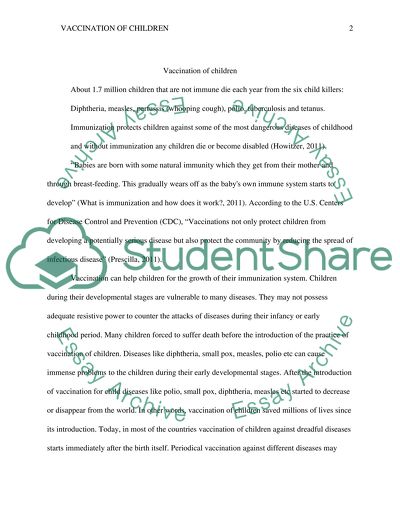Cite this document
(“Vaccination of children. The importance of parents need to vaccinate Research Paper”, n.d.)
Retrieved from https://studentshare.org/nursing/1426870-vaccination-of-children-the-importance-of-parents-need-to-vaccinate-their-children
Retrieved from https://studentshare.org/nursing/1426870-vaccination-of-children-the-importance-of-parents-need-to-vaccinate-their-children
(Vaccination of Children. The Importance of Parents Need to Vaccinate Research Paper)
https://studentshare.org/nursing/1426870-vaccination-of-children-the-importance-of-parents-need-to-vaccinate-their-children.
https://studentshare.org/nursing/1426870-vaccination-of-children-the-importance-of-parents-need-to-vaccinate-their-children.
“Vaccination of Children. The Importance of Parents Need to Vaccinate Research Paper”, n.d. https://studentshare.org/nursing/1426870-vaccination-of-children-the-importance-of-parents-need-to-vaccinate-their-children.


